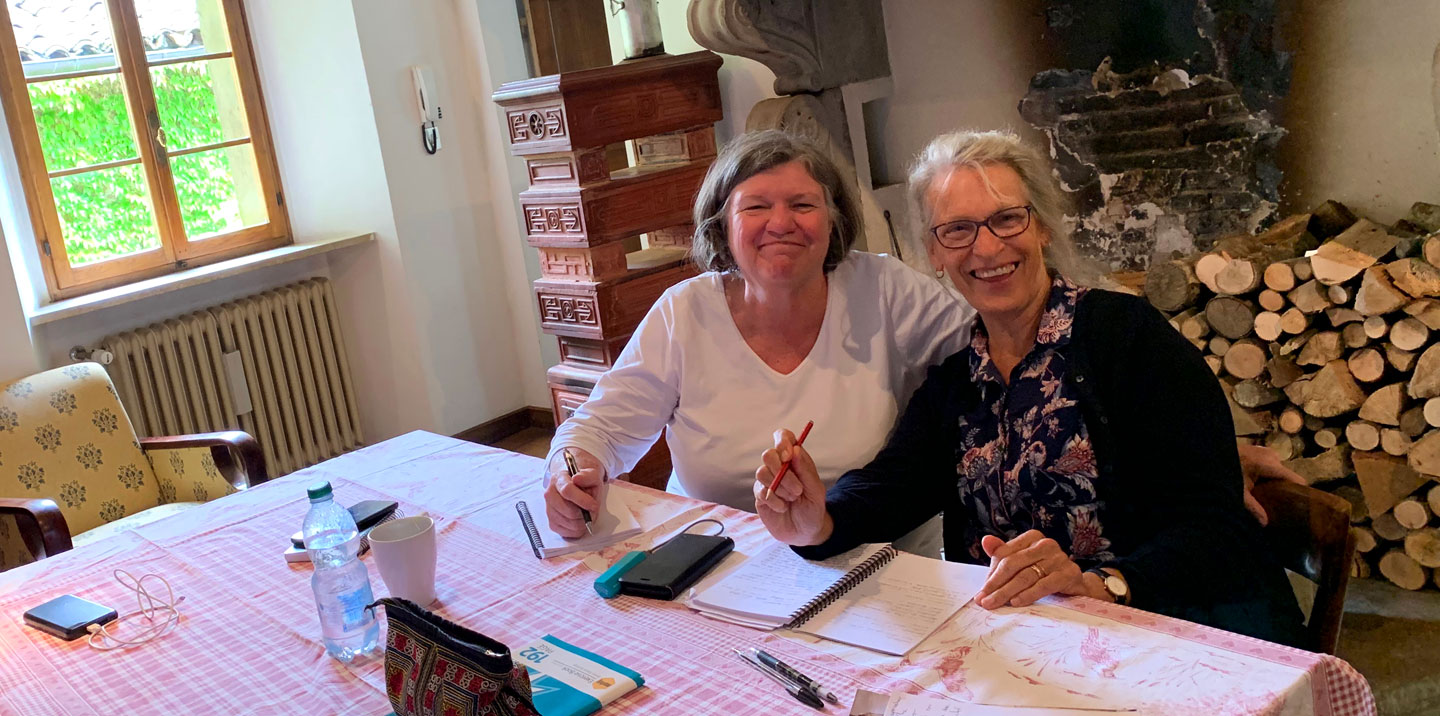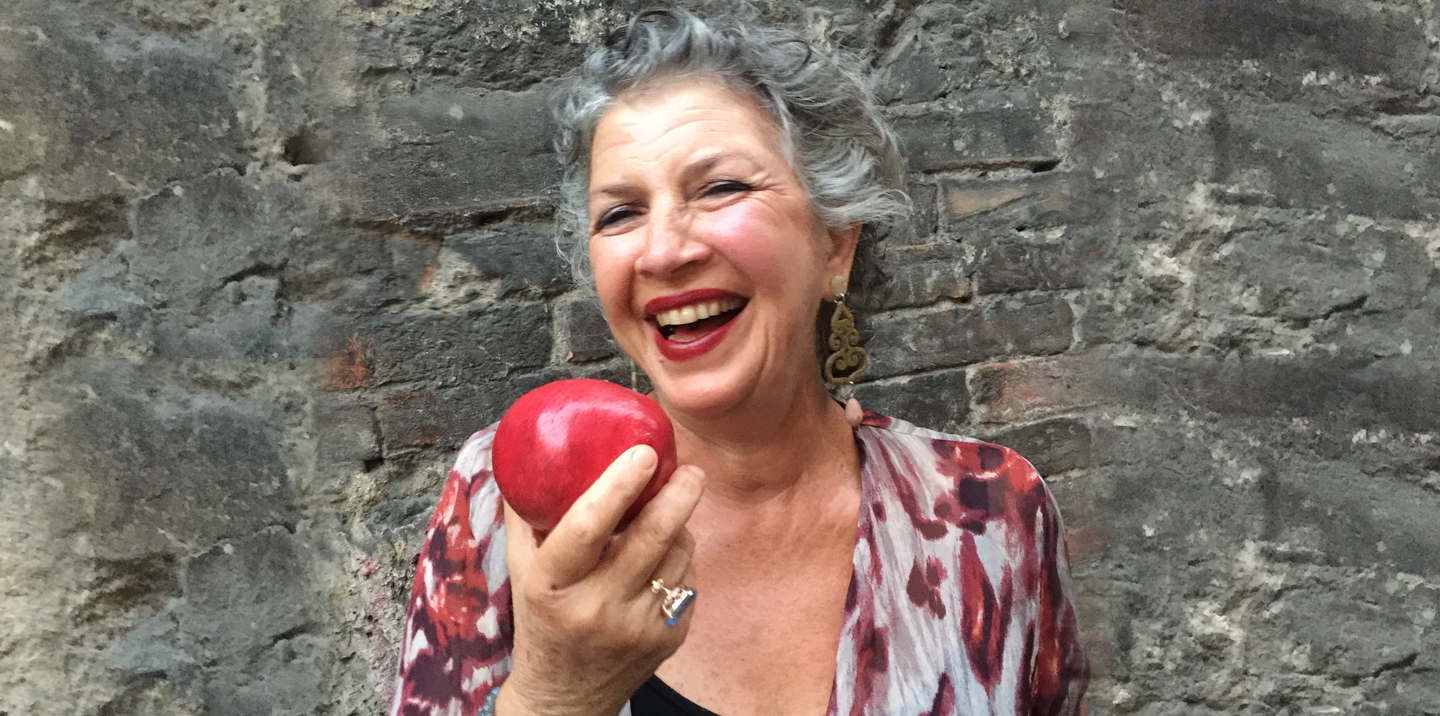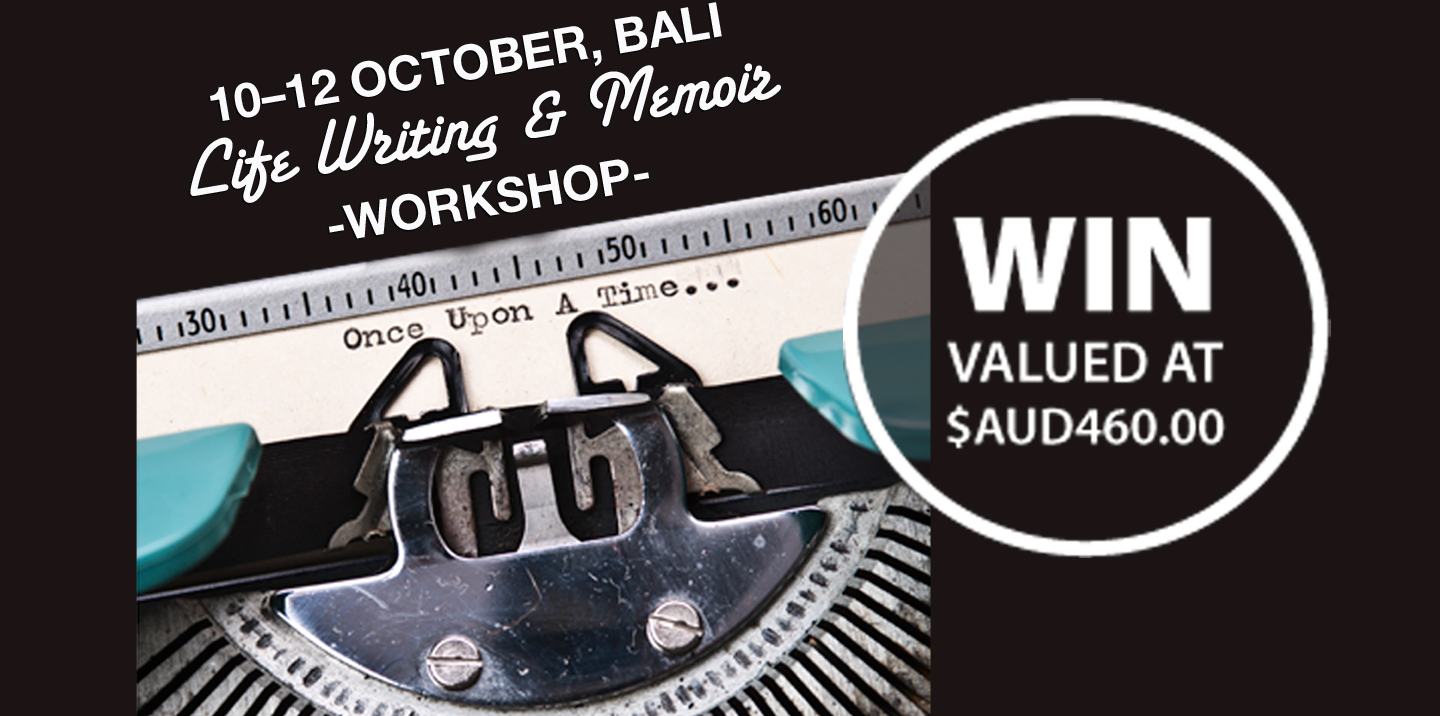"Sensing Italy" with Lisa Clifford and Jan Cornall
by: Jennifer Richardson on
Our little writers group had a wonderful bespoke experience in May working with two brilliant teachers in two gorgeous Palazzo's in two very different
locations. They were totally spoiled!
The writers came together to unlock their writing talents and be inspired in the birthplace of modern literature. An aside to this was a wish to discover
a little about the connection of a nasty ancient relative from 1300’s of our host in Mercatello and the great author of medieval times, Dante Algheri!
Don’t worry the family has grown to be hugely supportive of the arts in more recent times.
Thankfully before we left home our author and teacher from Australia, Jan Cornall had sent out some suggestions to get the creative juices
flowing on the journey to Italy.
Following on from Florence we took a 2.5 hour drive with our italian partner and host Luisa Donati to her family Palazzo in Mercatello sul Metuaro. Over very warm hospitality and a glass of prosecco and delicious dinner in the delightful home she shared
more nasty stories about what the distant relative of the Donati’s did to poor old Dante! To learn more about this story… well you’ll have to
come with us on our next journey to Tuscany.

The only problem we faced at the end of our journey in Palazzo Donati was that no-one wanted to leave.. we wanted to stay on, keep writing, and keep exploring this magical medieval village, the food and the warm hospitality of the people. We will factor in an add period to do just that next time ;-)
Would you like to do this event ? Do let us know.


